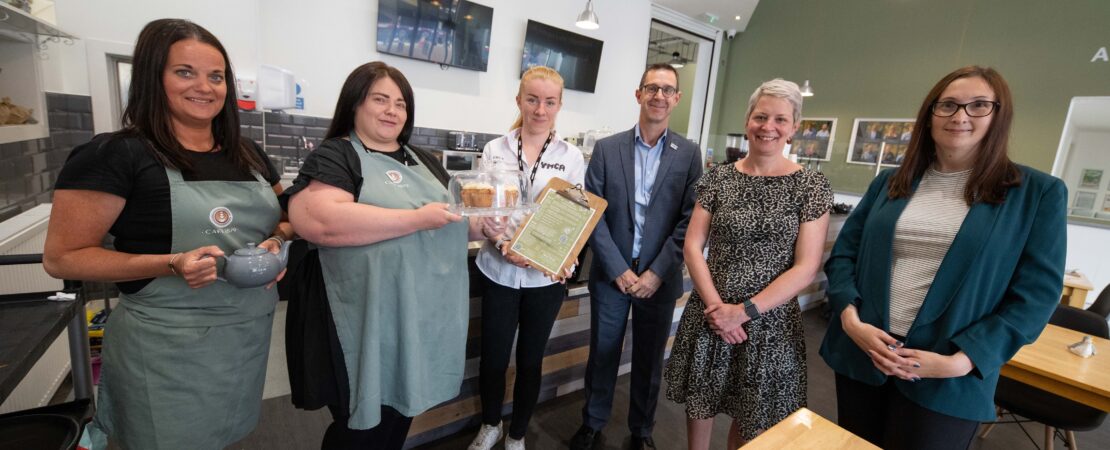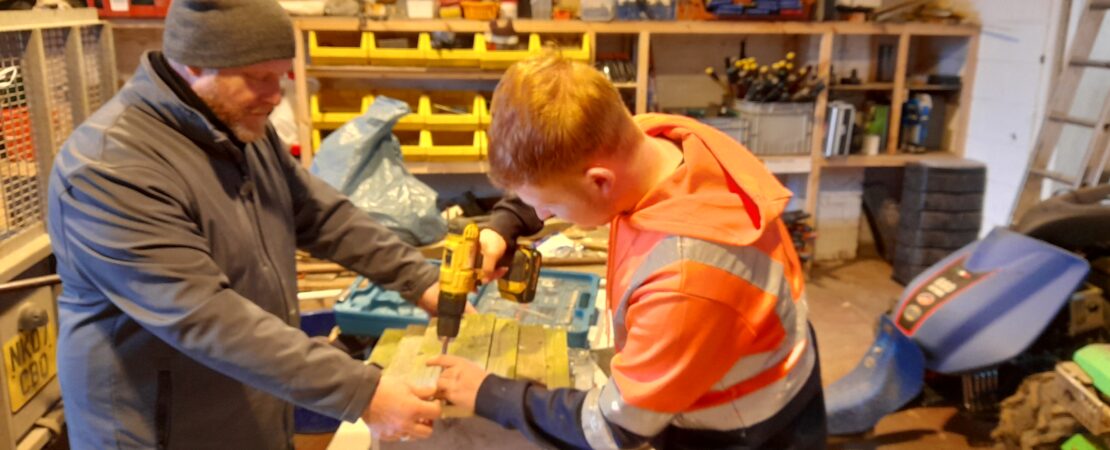
Moving forward with a refreshed role but the same commitment and determination to create more and better jobs
Helen Golightly, Chief Executive of the North East Local Enterprise Partnership (North East LEP), outlines how the organisation’s role is set to evolve.
I began working for the North East Local Enterprise Partnership 10 years ago and have been the chief executive for the past seven.
When I started, we were a small team of six people and now we are a team of more than 60 people. Every day, I am incredibly proud of the rigour, commitment and sheer determination of our team, partners and communities who come together in the best interests for the North East to achieve amazing things, whatever the circumstances.
People who have more commitment, passion and drive than I’ve seen before. People who strive to secure investment and improve skills, job opportunities and purposeful business support across the North East to improve the lives of others, because they want to do the right thing for a region that is so special to us all.
I believe that what we have achieved has been possible because our strategic direction has always been clear through an evidence-led, strategic economic plan to create more and better jobs for our region.
In the past 12 months alone, as we emerged from the pandemic, independent assessors have stated that leadership, influence, synergy and engagement are areas in which the North East LEP has excelled through the delivery of the Strategic Economic Plan. Independent assessment of the Local Growth Fund and Enterprise Zone programmes to date have indicated good to very good value for money in line with national benchmarks for these programmes.
Some highlights over the past 12 months are that we have supported over 23,000 business, with a customer satisfaction rate of 98%. We provided evidence to the House of Lords Select Committee on Youth Unemployment and have focused particularly on our primary schools to think about careers advice from an early age. It was also a privilege to host the launch of National Careers Week 2022 here in the North East – the first time outside London – as our good work was recognised.
We are committed to embedding innovation challenges as a way of proactively looking for solutions to global problems and opportunities. We continue to deliver significant capital projects across the region, and this year we will launch a new Commercial Property Investment Fund with FW Capital.
Strategic direction is what keeps our ship steady during times of change. And the next 12 months will undoubtedly bring more change for not just the LEP, but for wider regional governance as our local and combined authorities works towards securing greater devolution powers and funding to the region.
The role of the North East LEP within that process has been made clear to us. Government’s Levelling Up White Paper was published in February 2022 and provided details about the outcome of a review of the future role for all Local Enterprise Partnerships. It states that there is a strong role for LEPs moving forward to continue to focus on economic development activities with our partners, and as greater devolved powers are secured, Government want LEPs to transition into Mayoral Combined Authority and/or County Deal structures to ensure continued regional focus and alignment.
For us this clarification has been welcomed.
The revised role for LEPs is to:
- Represent the business voice – collaborating and engaging with, listening to and feeding business views into national and regional policy and investment decision making
- Lead strategic economic planning – taking the regional lead to develop and coordinate research and economic evidence around the North East economy to inform regional strategy and decision making
- Improve skills – working to ensuring North East residents of all ages have the opportunity to develop skills that match the opportunities in the labour market
- Grow businesses – supporting businesses to start, grow and thrive and to create an environment where they can learn from each other to create more and better jobs
- Manage funds – continuing to manage the region’s Enterprise Zone funding and other funding streams already secured by us to invest in strategic projects which will grow the regional economy
Our 2022/23 delivery plan reflects this new remit. But it also captures the added value that our Local Enterprise Partnership offers. The Strategic Economic Plan has been the blueprint for regional economic development for almost a decade. It is a 10-year plan that is due to conclude in 2024 and we are committed to this and to demonstrating the impact that it has made.
We have changes in national funding through the UK Shared Prosperity Fund and Levelling Up funds to help partners navigate, devolution agendas to support and a Levelling Up agenda to pursue. The North East LEP is exceptionally well placed to play a central role in supporting and guiding partners through this process as we continue to create more and better jobs together for our region and our delivery plan reflects that.
Change can bring challenge but it always brings opportunity. As ever, we remain proud ambassadors for the North East business community and continue with our mission to create more and better jobs, so everyone has the chance to thrive.


